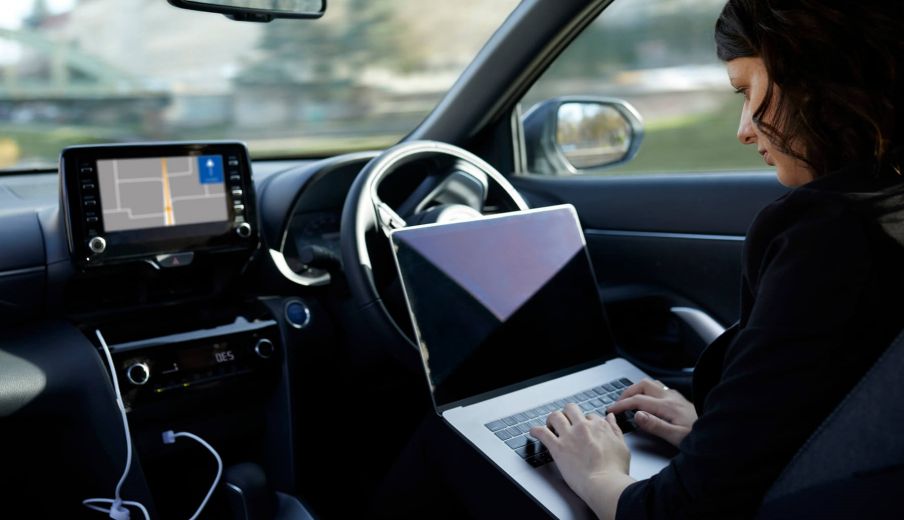The Government report warns that traffic delays on major roads could be twice as bad as current levels – and could rise to 85% from 2025 to 2060.
This is a prediction from DfT, which believes that by 2047, more than half of cars in the country could be autonomous – as well as a wider adoption of electric cars with some form of self-driving technology.
Currently, UK drivers lose about 80 hours a year due to congestion and traffic issues – according to travel information supplier Inrix. This drastically increases to 156 hours for people who live and work in London.
A wider adoption of driverless cars would lead to more traffic by 'increasing the mobility of the elderly and those who do not hold a driving licence'.
The report also claimed that 'the ability to work or relax while travelling in a self-driving car' means drivers and their passengers would be 'more amenable to sitting in traffic'.
Last year, DfT released the Connected & Automated Mobility 2025 report, which stated that it expected autonomous vehicles to start appearing on UK roads in 2025.
The report states: “Self-driving vehicles could revolutionise public transport and passenger travel, especially for those who don’t drive, better connect rural communities, and reduce road collisions caused by human error.
“Further in the future, they could, for example, provide tailored on-demand links from rural towns and villages to existing public transport options nearby.
“They could also provide more direct and timely services that enable people to better access vital services such as schools and medical appointments.”
Following the release in the report, RAC Foundation director Steve Gooding said: “There are currently 5.9 million licence holders aged 70 or over in Britain, so we know the demand for mobility is there among those of a senior age.
“In the foreseeable future, automated vehicles offer the tantalising prospect of independence for the many millions more people who fall into the older age group but for whatever reason - cost, medical impairment - don't currently drive.
“If everyone insists on having their own driverless car then traffic volume and parking pressures will rise.
“However, if we are prepared to access these vehicles on-demand and forego personal ownership then we could have a win-win situation: quieter roads, fewer cars shared by the many, and cheaper transport.”
Despite the report, fully autonomous vehicles are not legally allowed on UK roads. However, most major manufacturers are currently developing the new technology.
Would you trust an autonomous vehicle? Should they be legalised to be used on our roads? Leave your comments below.

Cheaper than AA or we’ll beat by 20%^
• Roadside cover from £5.49 a month*
• We get to most breakdowns in 60 mins or less
• Our patrols fix 4/5 breakdowns on the spot











